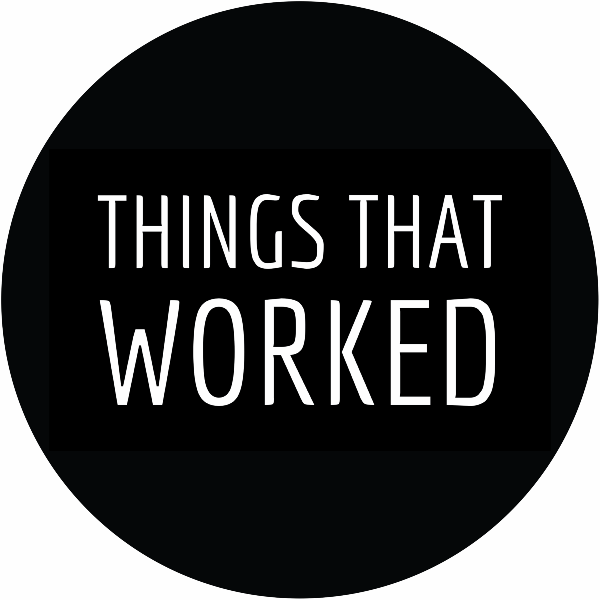Things That Worked: Feedback on Marie Skłodowska-Curie Fellowship
Sample materials to simplify your life
Gooooooooood morning, afternoon, or evening, wherever you happen to be!
First: a reminder that I’m once again offering a special deal on paid annual subscriptions. From now until 1 December 2024, you can get 365 days of full access to all PBP posts, past and present, for just $30!
So if you’re looking for a way to support my work, or if your subscription has recently expired, this is the moment you’ve been waiting for!
And now, welcome back for another round of ‘Things That Worked’!
This time, I’m sharing the feedback on my successful application for a Marie Skłodowska-Curie Action (MSCA) Individual Fellowship, a six-figure grant that changed the course of my career and led to some of the best years of my working life as a researcher.
As I noted when I shared the application itself, my proposal was briefly waitlisted before the funding was awarded. Hopefully the feedback I received will give you a sense of how applications like this are evaluated by the European Commission, and what the perceived strengths and weaknesses of my own application were, according to the evaluators.
Why apply for this kind of grant?
A reminder: Marie Curie Postdoctoral Fellowships are not just for people working in the sciences. They are grants intended to ‘support researchers’ careers and foster excellence in research’ by promoting mobility among researchers, who are given the chance to work at an institution in a country that is not their country of residence.
As the MSCA website will inform you, there are two types of MSCA Postdoctoral Fellowships:
European Postdoctoral Fellowships. They are open to researchers moving within Europe or coming to Europe from another part of the world to pursue their research career. These fellowships take place in an EU Member State or Horizon Europe Associated Country and can last between 1 and 2 years. Researchers of any nationality can apply.
Global Postdoctoral Fellowships. They fund the mobility of researchers outside Europe. The fellowship lasts between 2 to 3 years, of which the first 1 to 2 years will be spent in a non-associated Third Country, followed by a mandatory return phase of 1 year to an organisation based in an EU Member State or Horizon Europe Associated Country. Only nationals or long-term residents of the EU Member States or Horizon Europe Associated Countries can apply.
The website has more detailed information regarding who is eligible to apply, but essentially: you need to have a PhD, you should be applying no more than 8 years after the award of that PhD, and you should be applying to work in a country other than the one you’ve resided in during the past 12 months.
Criteria
Applications are primarily evaluated on three criteria:
Excellence. This is relatively straightforward: you need to persuade the European Commission of the quality and innovativeness of your proposed research; the quality of the training you will receive from your host institution; the quality of the host institution and supervisor; and your capacity to ‘reach or re-enforce a position of professional maturity/independence’ by means of your proposed project.
Impact. To what extent will the proposed project enhance your future career prospects? How effective is your plan for disseminating your research results? Do you have a solid plan for communicating about your research to different kinds of target audiences? (I got a perfect score on this section!)
Implementation. The European Commission needs to be persuaded that your work plan seems effective and coherent; your allocation of tasks and resources is sensible; you have thought through any potential risks that might jeopardize your project; and you have chosen a host institution that is appropriate to your project.
Feedback on a successful grant application
Below is a link to the feedback I received on my application for a MSCA Individual European Fellowship about 8 years ago:
Keep reading with a 7-day free trial
Subscribe to Page by Page to keep reading this post and get 7 days of free access to the full post archives.




